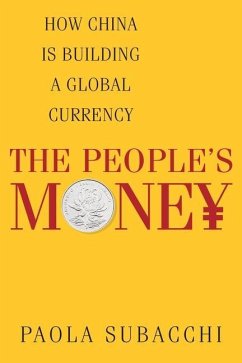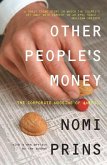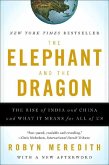In The People's Money, Paola Subacchi introduces readers to China's monetary system, mapping its evolution over the past century and, particularly, its transformation since Deng Xiaoping took power in 1978. Subacchi revisits the policies that fostered the country's economic rise while at the same time purposefully creating a currency of little use beyond China's borders. She shows the key to understanding China's economic predicament lies in past and future strategies for the renminbi. The financial turbulence following the global crisis of 2008, coupled with China's ambitions as a global creditor and chief economic power, has forced the nation to reckon with the limited international circulation of the renminbi. Increasing the currency's reach will play a major role in securing China's future.
Paola Subacchi brings a wealth of knowledge of China's economy and politics to this fascinating and informative exploration of China's currency, considering how the economic giant will develop its 'renminbi strategy' and take its proper place on the world's financial stage at a time of instability, economic slowdown, and domestic social tension. Diane Coyle, The Enlightened Economist, and author of GDP: A Brief but Affectionate History








